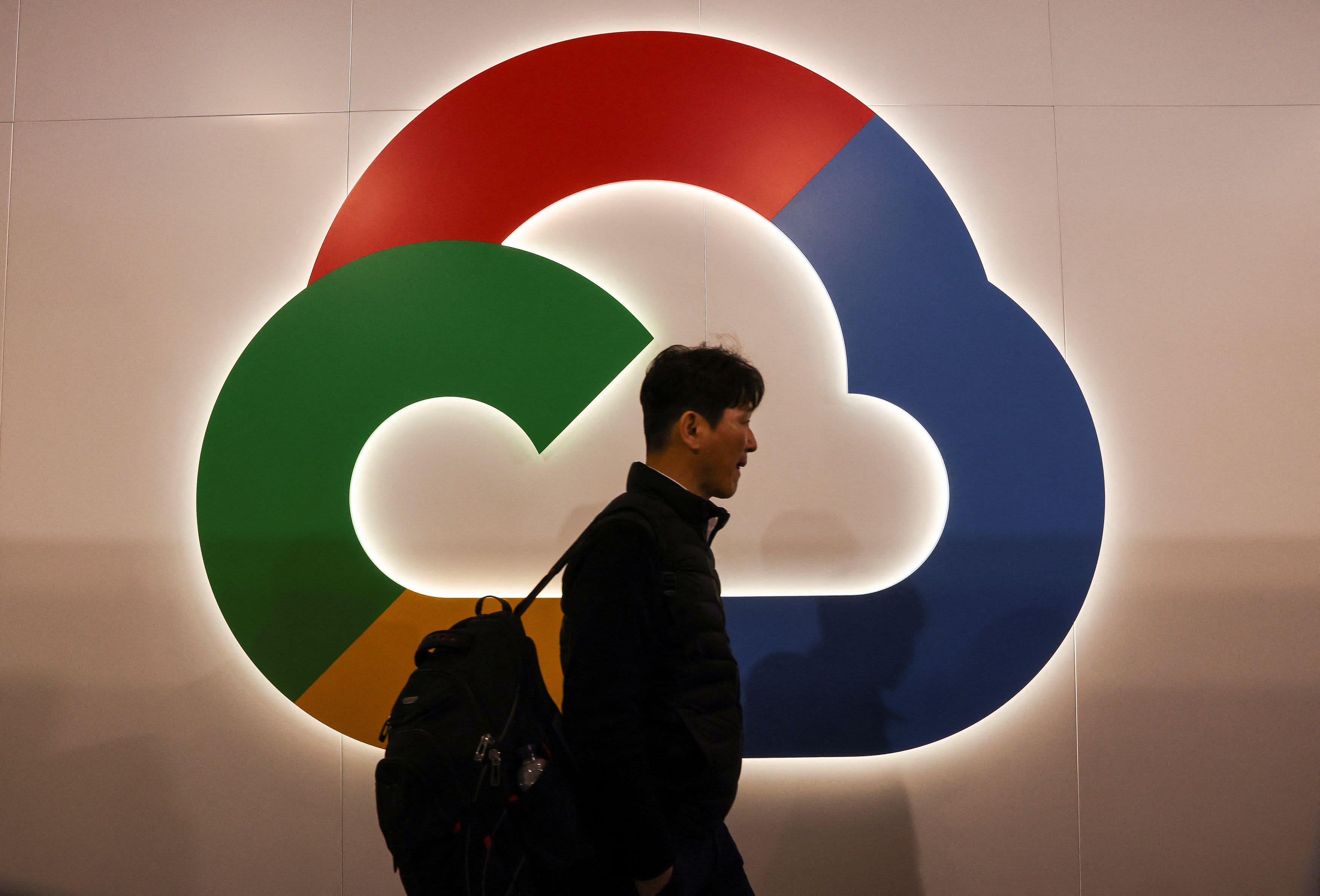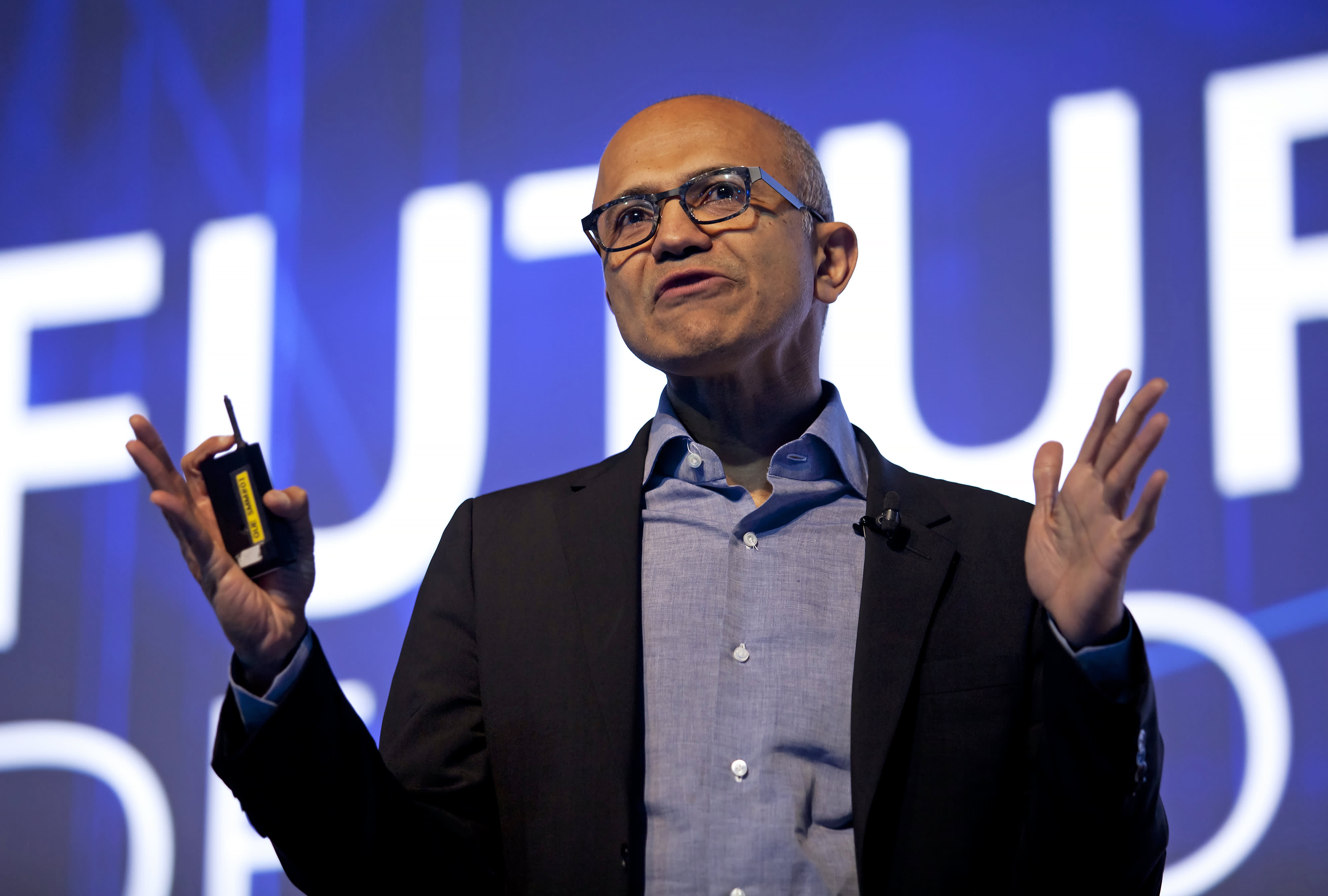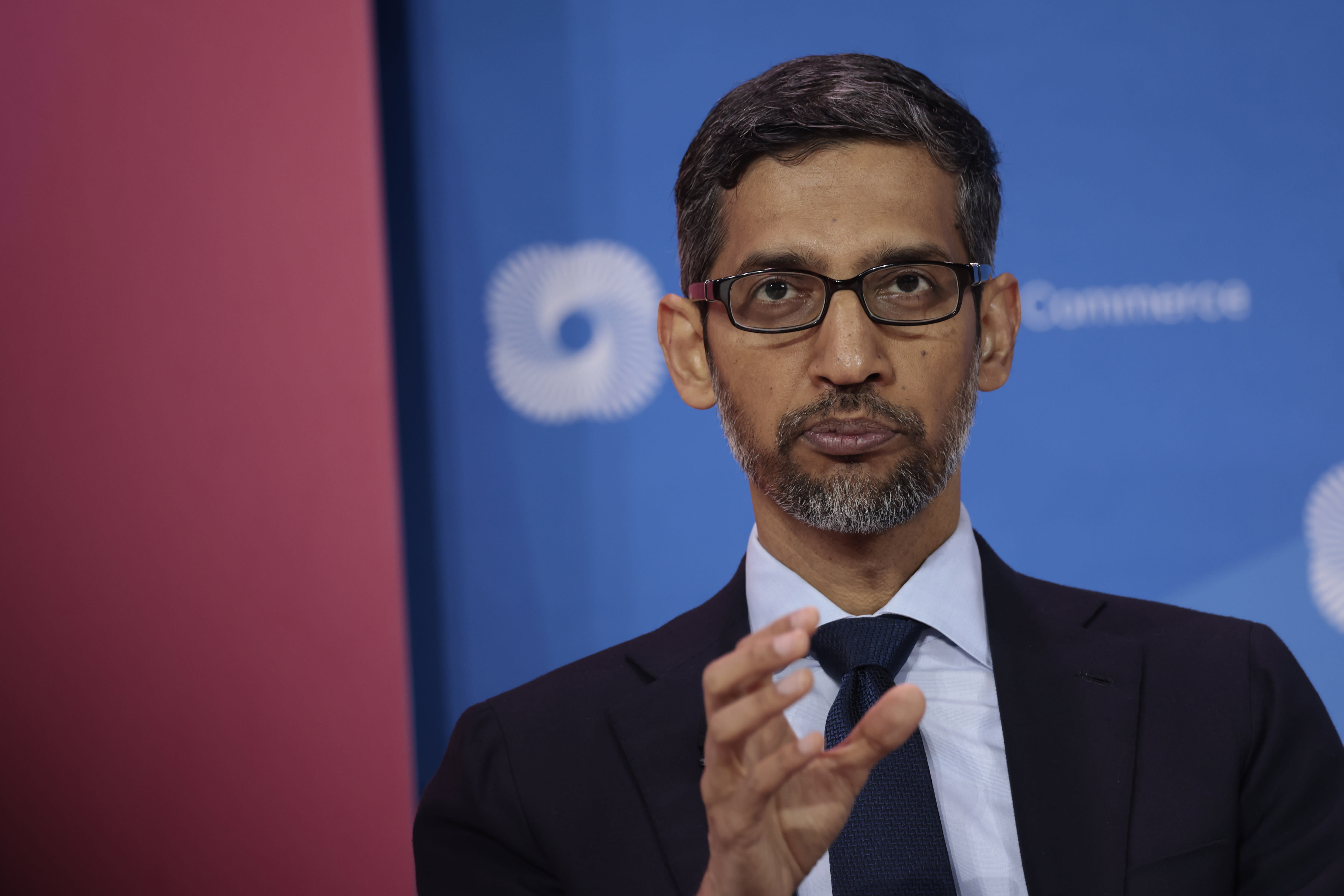Microsoft shares were trading down as much as 3.9% on Wednesday, a day after the software maker issued worse-than-expected quarterly revenue guidance. Many analysts remained optimistic about the company’s prospects, but a few fretted about how recent investments in artificial intelligence won’t immediately come to fruition.
Growth in AI has the potential to propel Microsoft’s two largest businesses: the Azure public cloud and the more traditional, and market-leading, Office productivity software.
related investing news
Microsoft has been increasing its capital expenditures to get infrastructure in place to provide AI services to developers at other companies and roll out assistant capabilities to apps such as Word and Outlook. The extra spending cuts into Microsoft’s cloud gross margin.
Last week, Microsoft said its Copilot assistant for these Microsoft 365 applications would cost $30 per person per month on top of regular subscription prices. The company did not say when it would start charging. On Tuesday’s call, Amy Hood, Microsoft’s finance chief, said growth from AI services would be “gradual” as Azure AI tools gain in popularity and Copilots such as the one for Microsoft 365 become generally available. She said that for the current 2024 fiscal year, which will end in June 2024, the impact would mainly come in the second half.
Some investors will probably have to change their expectations on revenue as a result of Hood’s comments, JPMorgan analysts led by Mark Murphy, with a buy rating on Microsoft stock, wrote in a Wednesday note.
“The messaging on Copilot was more about tempering rather than inflating expectations,” wrote UBS analysts led by Karl Keirstead, which also has a buy rating on Microsoft.
Members of the public became captivated by the ChatGPT chatbot from startup OpenAI, which relies on Azure, after its release in late 2022. It’s a prominent example of generative AI, which accepts human input such as text or an image and automatically creates content in response. Companies selling productivity software, including Atlassian, have been hurrying to incorporate such generative features into their products, and delays in Microsoft’s release of its all-important Office suite could mean missing out on a clear growth opportunity.
“Overall, while it will take some additional time for the revenue to materialize, we expect MSFT, with its increasingly unique set of AI-infused Cloud services, is well positioned take share across its numerous operating segments in the coming years,” Stifel analysts led by Brad Reback, with a buy rating on the stock, wrote in a note distributed to clients.
Raymond James’ Andrew Marok and Mauricio Munoz, with the equivalent of a buy rating on Microsoft shares, had a similar tone.
“While the contribution may not come as quickly as hoped as AI-enabled products are tested, deployed, and eventually used at scale, MSFT’s position as an AI leader remains unblemished by today’s report,” they wrote.
Even if the clear growth probably won’t show up in 2023, during the call with analysts on Wednesday, Microsoft CEO Satya Nadella said that when it comes to new AI workloads in the cloud, Microsoft is in the lead.
CNBC’s Michael Bloom contributed to this report.
WATCH: Cakmak: Amazon shares are selling off because of concerns around Microsoft





